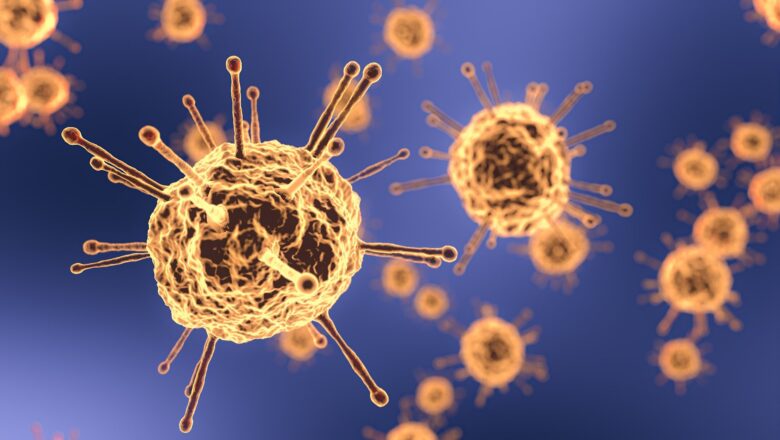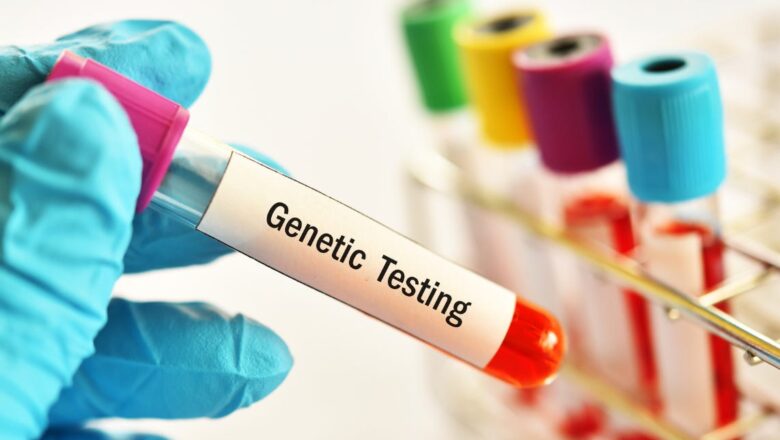
Speech Pathologies and Treatment
Speech pathologies refer to a variety of conditions that affect a person's speaking skills. These pathologies usually refer to language, speech, voice or communication disorders. Here are some common speech pathologies:
Articulation Disorders:
It is a condition in which a person cannot produce sounds correctly. For example, incorrect pronunciation of sounds such as "r" or "s".
Dyslexia:
It is characterized by reading and writing difficulties. This involves difficulty understanding the letter order or sounds of words.
Phonological Disorders:
It refers to problems in the process of arranging and arranging sounds. This condition affects a person's ability to understand how words are formed and arranged.
Stuttering:
It is a situation where the person experience...





